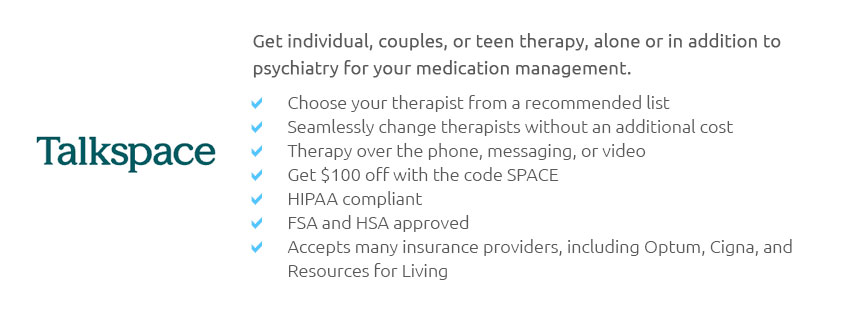 |
 |
 |
|---|
 |
 |
|---|
 |
|
|---|---|
 |
 |
 |
 |
 |
 |
 |
 |
 |
 |
 |
 |
 |
 |
 |
 |
|---|
Therapist Union NJ: Understanding the Role and Impact in the IndustryIntroduction to Therapist UnionsTherapist unions, like those in New Jersey, play a crucial role in advocating for fair labor practices, better working conditions, and appropriate compensation for mental health professionals. These unions provide a platform for therapists to collectively voice their concerns and negotiate with employers. Benefits of Joining a Therapist UnionJoining a therapist union offers several advantages, including:
Real-World ExamplesFor instance, a mental health therapist in Philadelphia, PA can benefit from union support by having access to legal advice and representation. Challenges Faced by Therapist UnionsDespite the benefits, therapist unions face challenges such as:
However, unions continue to strive for better conditions, drawing on the collective strength of their members. Comparative ViewComparatively, a therapist in Huntsville, Texas may experience different union dynamics due to state-specific regulations. Frequently Asked QuestionsWhat are the main goals of a therapist union in NJ?The main goals include advocating for fair wages, improving working conditions, and ensuring the professional development of therapists. How can joining a union benefit my career as a therapist?Joining a union can provide career benefits such as job security, legal support, and opportunities for continued education. Are there any downsides to joining a therapist union?Potential downsides include union dues and the possibility of conflicts with employers resistant to unionization. ConclusionTherapist unions in NJ are instrumental in enhancing the profession by ensuring therapists' voices are heard and their needs addressed. As the landscape of mental health care continues to evolve, the role of unions becomes even more pivotal in advocating for the rights and well-being of mental health professionals. https://www.psychologytoday.com/us/therapists/nj/union-county
I am a licensed psychologist based in New Jersey. I'm part of a multi-state practice that is headquartered in Ohio (CEBTOhio). I specialize in treating ... https://www.yelp.com/search?cflt=c_and_mh&find_loc=Union%2C+NJ
Top 10 Best Counseling & Mental Health Near Union, New Jersey - With Real Reviews - Moses & Wanda Myers Professional Counseling - Blessed Family Care & Mental ... https://www.psychologytoday.com/us/therapists/nj/union
I am committed to providing a therapeutic environment that is warm, safe, personal and supportive - an environment in which I assist my clients as they work ...
|
|---|